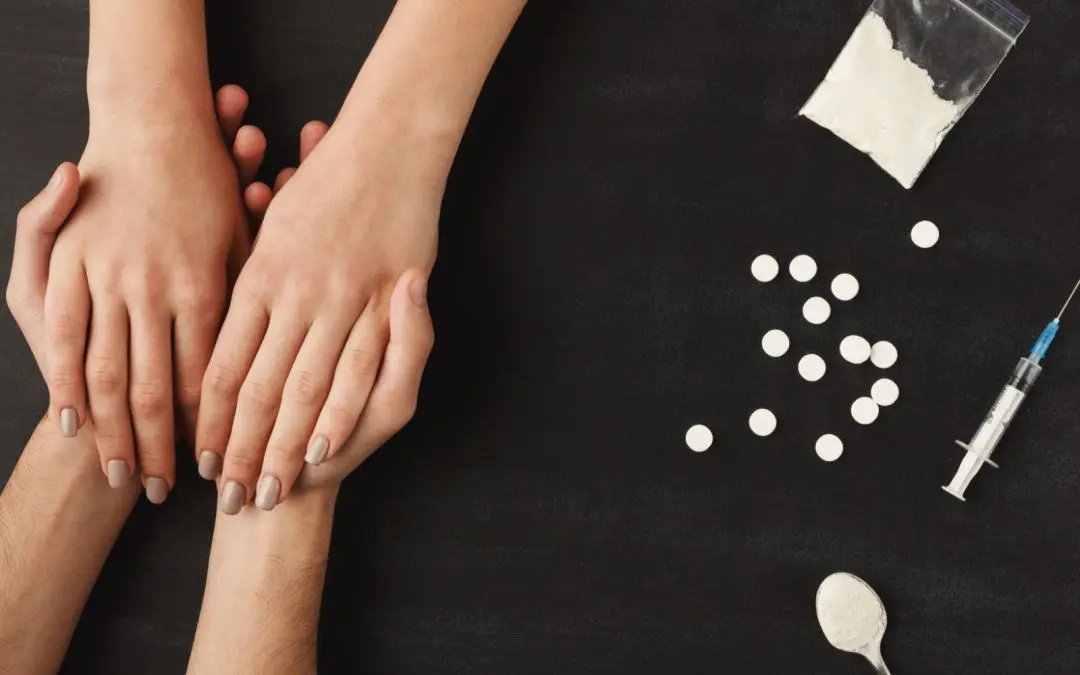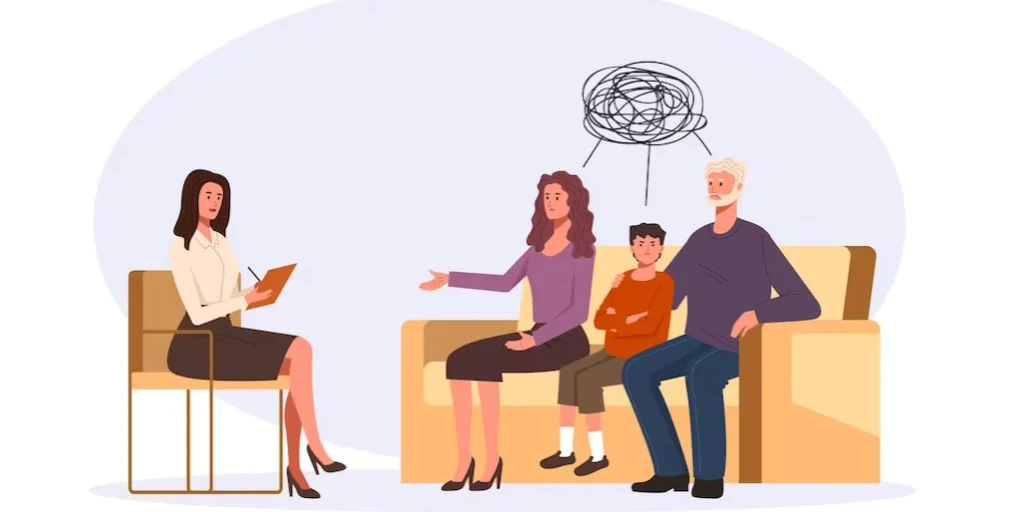24/7 Helpline:
(866) 899-221924/7 Helpline:
(866) 899-2219
Learn more about Codeine Rehab centers in Belle Plaine

Other Insurance Options

Multiplan

Private insurance

CareFirst

Group Health Incorporated

Carleon

GEHA

State Farm

Sliding scale payment assistance

Excellus

MHNNet Behavioral Health

Medical Mutual of Ohio

UMR

BHS | Behavioral Health Systems

Kaiser Permanente

UnitedHealth Group

American Behavioral

Meritain

AllWell

Optum

Premera


Haven Chemical Health Systems
Haven Chemical Health Systems is a private rehab located in Shakopee, Minnesota. Haven Chemical Heal...

BHSI Shakopee
BHSI Shakopee is a private rehab located in Shakopee, Minnesota. BHSI Shakopee specializes in the tr...

Scott County Mental Health Center
Scott County Mental Health Center is a public rehab located in Shakopee, Minnesota. Scott County Men...

NorthStar Regional – Men’s Residential
NorthStar Regional–Men’s Residential is a behavioral and mental health care facility for adult men i...






































AA – Alcoholics Anonymous
AA – Alcoholics Anonymous is a private rehab located in Prior Lake, Minnesota. AA – Alcoholics Anony...

Lifestyle Counseling
Lifestyle Counseling is a private rehab located in Prior Lake, Minnesota. Lifestyle Counseling speci...

Reformers Unanimous – Addictions Recovery Program
Reformers Unanimous – Addictions Recovery Program is a private rehab located in Shakopee, Minnesota....

A Way Out Recovery
A Way Out Recovery is a drug and alcohol rehab in Shakopee, MN providing men with sober living optio...

Eastern Montana Mental Health
Eastern Montana Mental Health is a private rehab located in Jordan, Montana. Eastern Montana Mental ...































